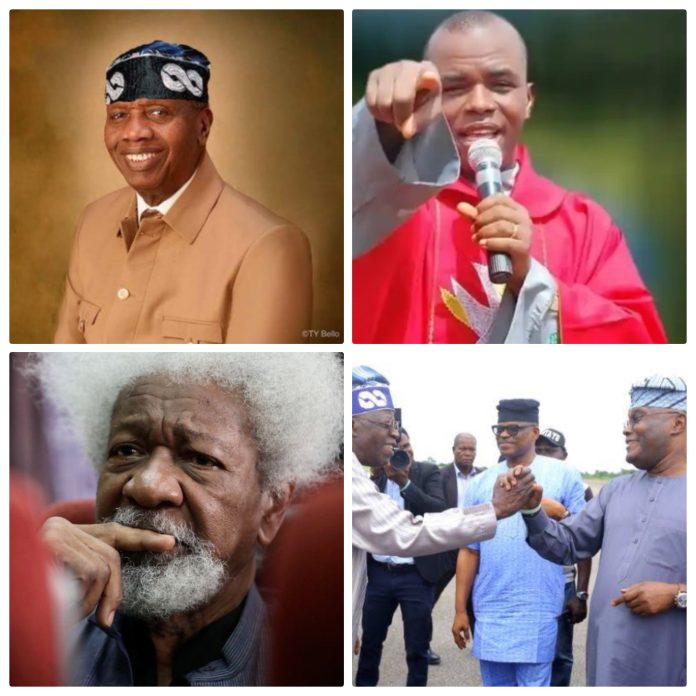Hook:
2015 was a turning point in Nigeria’s political history. For former President Goodluck Ebele Jonathan, it marked a tragic downfall orchestrated by forces within and beyond the country. A perfect storm of betrayal, propaganda, and global influence set the stage for his exit. But was Jonathan merely a victim of circumstance, or was this a case of political naivety meeting ruthless ambition?
Let’s unpack the events that led to one of Nigeria’s most dramatic political upheavals.
The Build-Up to 2015: Betrayals Within
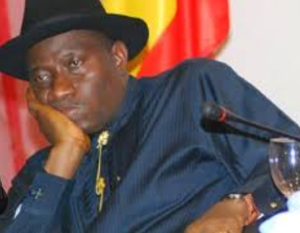
Jonathan’s presidency, which began in 2010, was met with initial optimism. However, by the time his re-election campaign rolled around in 2015, cracks within his party, the People’s Democratic Party (PDP), had begun to show.

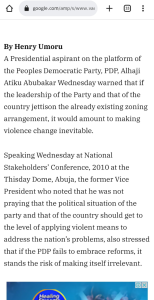

One of the most notable betrayals came from Atiku Abubakar, a political heavyweight and former PDP stalwart. Atiku defected to the opposing All Progressives Congress (APC), intensifying the opposition’s campaign against Jonathan.
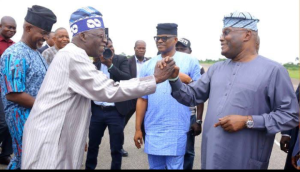
His threats and rhetoric during this period only added to the mounting pressure on Jonathan, painting him as weak and incapable of leadership.
Propaganda and Media Wars

The role of the media, both domestic and international, was pivotal. Domestically, figures like Fr. Mbaka, a prominent and influential religious leader, openly criticized Jonathan, dubbing him “Badluck” and promoting Buhari as the nation’s savior. Mbaka’s spiritual theatrics, including a dramatic “dove prophecy,” rallied significant support for the APC within the Southeast, a region previously loyal to Jonathan.
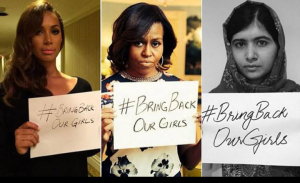

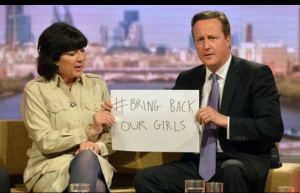
Internationally, the Barack Obama administration played a surprising role. The “Bring Back Our Girls” campaign, which highlighted the Chibok schoolgirls’ kidnapping, became a global movement, further tarnishing Jonathan’s image as a leader. With prominent figures like Michelle Obama amplifying the message, Jonathan’s presidency was cast in a negative light on the world stage.
Economic and Policy Missteps
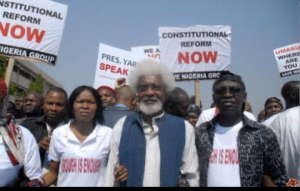
Jonathan’s attempt to remove fuel subsidies in 2012 was another factor that undermined his presidency. Though the move aimed to improve economic sustainability, it led to widespread protests, many of them violent. Critics, including APC leaders, capitalized on this to discredit his administration.

Ironically, similar subsidy removals by subsequent administrations have faced less public outcry—a testament to the politically charged nature of Jonathan’s opposition.
The Fallout and Lessons Learned
By October 2010, Pastor Adeboye was already criticizing him and threatening a massive protest called the One Million Man March against his government.
It’s ironic that Pastor Adeboye, who was vocal against Jonathan’s government from 2010 to 2015, is now urging Nigerians to pray for the success of Tinubu’s administration, even as many struggle to make ends meet.
This sudden change in stance has raised eyebrows, especially considering Pastor Adeboye’s previous intolerance for bad governance and corruption
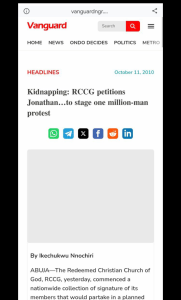
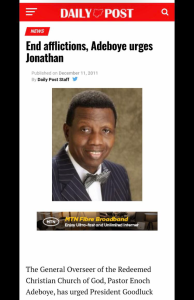

Jonathan’s loss in 2015 was a culmination of internal betrayals, strategic propaganda, and global influence. It also marked a shift in Nigerian politics—one driven by polarization, misinformation, and the prioritization of power over progress.
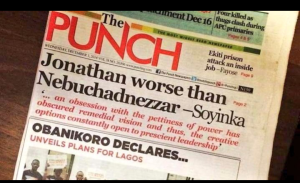
As Nigeria continues to grapple with the consequences of that election, the story of Jonathan’s downfall serves as a reminder of the complexities of leadership in a politically volatile landscape.
Conclusion: A Legacy Beyond 2015
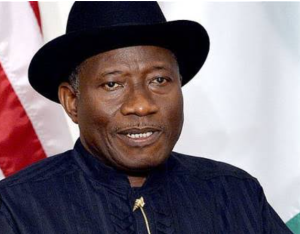
Goodluck Jonathan’s downfall wasn’t just his own—it signaled the beginning of an era that many Nigerians now view with regret. Yet, his concession speech, where he famously said, “My ambition is not worth the blood of any Nigerian,” remains a testament to his character.
The untold story of 2015 is not just about one man’s fall but about a nation’s journey through betrayal, ambition, and hope.
You have anything to say about the article? Please do air your comments below 👇🏽

